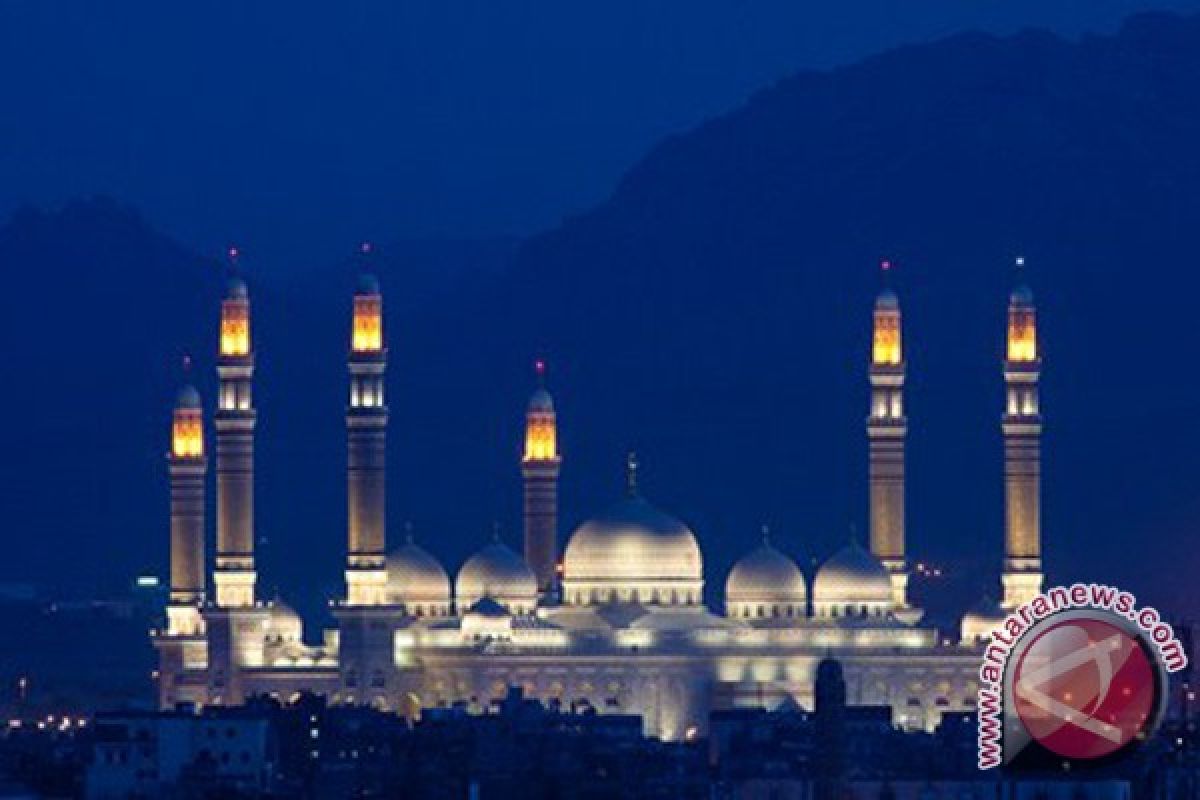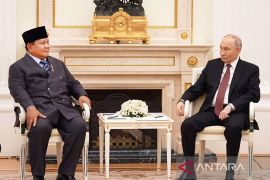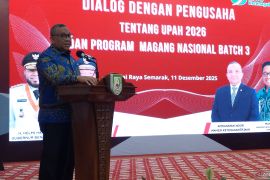Besides its historical significance, the site offers theological sciences and jurisprudence programmes and knowledge workshops that make the mosque a centre for moderation and rejection of extremism.
Abdullah al-Raii, who teaches theological jurisprudence and Arabic at the mosque, said the mosque is an Islamic institution that graduates scholars, theological jurists, and judges who complete courses and workshops in the theological sciences and in Arabic which they attend during the year.
Al-Raii said the curriculum is based on the principle of moderation in Islam which rejects the radical ideas promoted by certain groups and organisations that claim to be acting in the name of Islam but instead exploit sectarian differences to sow discord.
Al-Raii said, "This problem is rooted in the issuance of fatwas by unauthorised sources. The Grand Mosque had in the past restricted fatwas to scholars who have reached an advanced stage in theological sciences that goes beyond Ijtihad." He said individuals who benefited from sectarian differences are those who sow sedition, extremism, and terrorism such as al-Qaeda.
Al-Raii appealed to the government and scholars to establish a juridical and Sharia college or academy that would limit the issuance of fatwas which damage Islam and the Islamic nation.
Taha al-Ruqaihi, a Grand Mosque preacher, spoke about his sermons and their role in disseminating moderate views among citizens.
Al-Ruqaihi said the topics of his sermons are drawn from contemporary society. He uses themes that stress moderation and a rejection of terrorism and extremism, warning worshippers against extremist ideas.
He stressed "the need to raise people`s awareness about those problems and protect the youth and children in general from those ideas". Al-Ruqaihi said al-Qaeda`s suicide bombings and its killing of innocent people can be attributed to "fossilised minds".
As for the Grand Mosque`s religious and cultural value, Sheikh Abd al-Hadi Ahmad al-Mahdi, a senior sheikh at the Grand Mosque, said it is "one of the oldest, most reputable, and most historical of Yemen`s mosques. It is on par with the Al-Jund mosque built by Maath bin Jabal in Taiz. Both were built during the time of the Messenger of Allah, peace be upon him."
"The Messenger ordered the construction of the mosque between the Malmlamah rock and a tree in Ghamdan palace in Sana'a, and therein lies an indication of a scientific miracle. When the Grand Mosque and the Haram al-Makki (Grand Mosque in Mecca) were photographed via satellite, the Grand Mosque was found to be on a straight line with the Kaaba," al-Mahdi said.
Al-Mahdi said the mosque was built using stones from the former Ghamdan palace, and the steel doors of the mosque originally belonged to the palace and bear ancient Musnad inscriptions.
"The [Musnad] era dates back 7,000 years which adds to the historical and archaeological value of the mosque," he said.
The Grand Mosque is different from other mosques because it is a standalone institution with a house of manuscripts, a historical library that holds ancient writings, old manuscripts, and Sharia books. There is a copy of the Quran that was written by Imam Ali bin Abi Talib. The mosque is also a fatwa centre and a school for judges and scholars.
"To this day, the mosque`s library remains as one of Yemen`s Islamic treasures that represents a part of the Islamic heritage and authentic Islamic thought, and the mosque`s house of manuscripts is a regional hub in the Middle East. We have capable Yemeni experts, workshops, and equipment for the repair and maintenance of manuscripts which are a national treasure."
(T.A045/H-AK)
Reporter: By Faisal Darem
Editor: Priyambodo RH
Copyright © ANTARA 2011











